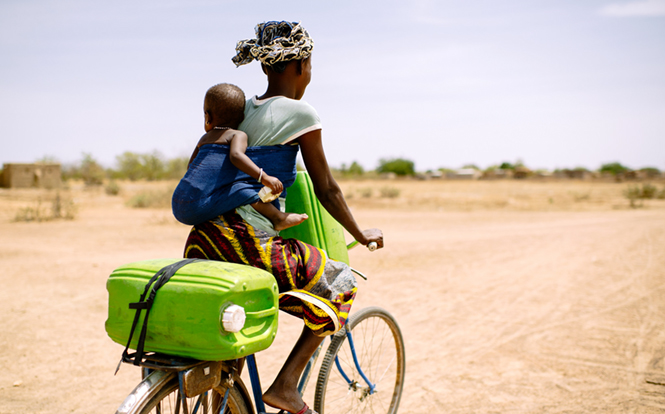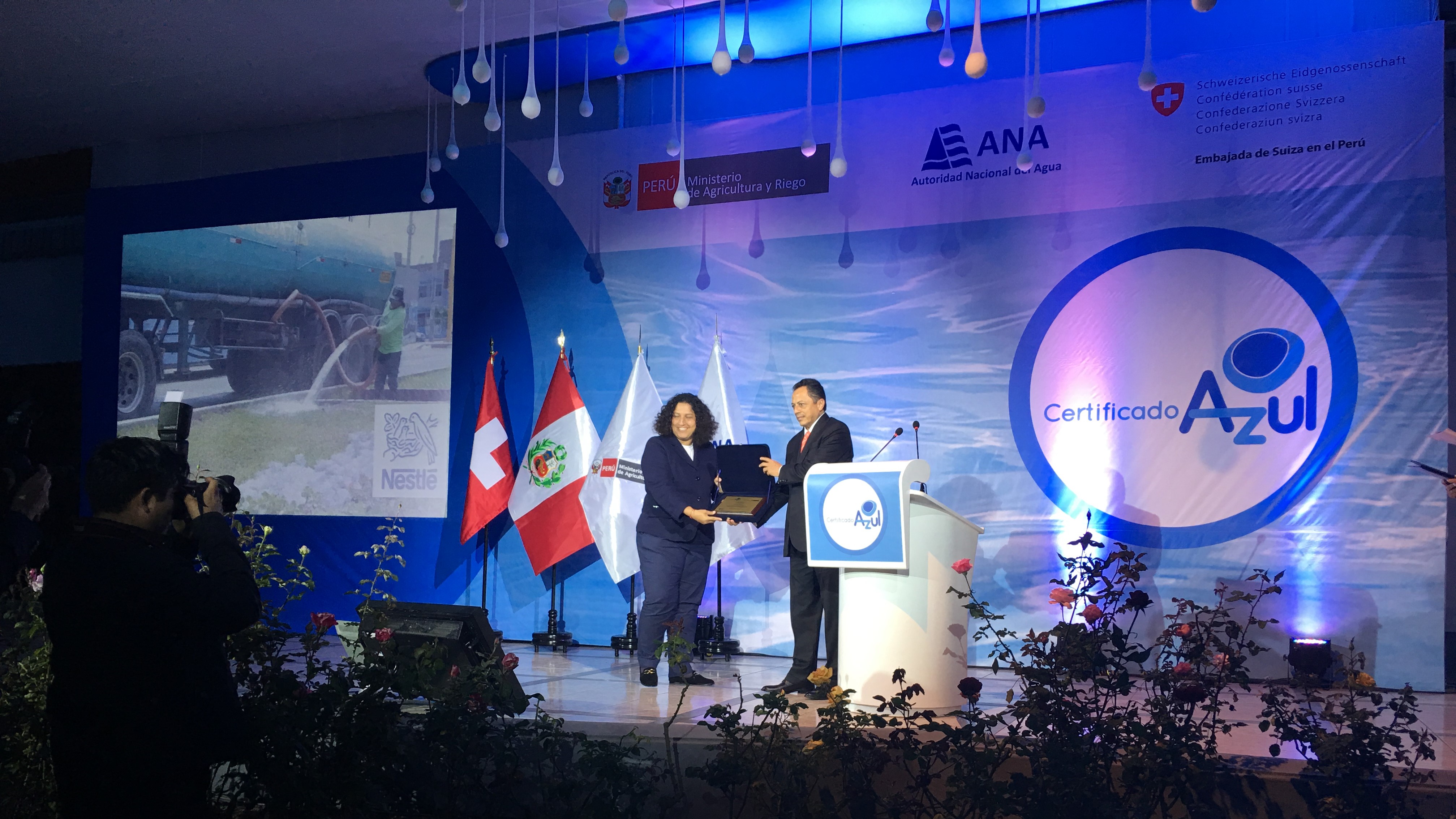STORY HIGHLIGHTS 
- Over the past five years, climate considerations have become embedded in GWSP support, leading to a rising number of projects with climate co-benefits.
- The World Bank Water Global Practice’s work in fragile, conflict and violence-affected areas has grown significantly, and Global Water Security and Sanitation Partnership now supports active engagement in 33 countries.
- There is more social inclusion in the water sector. The average share of female engineers in 23 participating utilities in Ethiopia increased from 8 percent to 12 percent in just two years. Continue reading

 -Jul-2022 at 11:59:59 PM (Eastern Time – Washington D.C.)
-Jul-2022 at 11:59:59 PM (Eastern Time – Washington D.C.) 


 from the World Bank and the World Resources Institute (WRI) that aims to advance the integration of green and gray infrastructure solutions on the ground. It places a spotlight on the world’s growing infrastructure crisis, driven by climate change and growing populations. It proposes insights, solutions and examples for putting nature to work. It examines the technical, environmental, social and economic dimensions of a typical project assessment but also outlines, with new clarity and detail, the enabling conditions required to facilitate successful implementation of green-gray projects. Harnessing the collective analytical and technical expertise of the World Bank and WRI, it aims to build momentum in both policy and practice.
from the World Bank and the World Resources Institute (WRI) that aims to advance the integration of green and gray infrastructure solutions on the ground. It places a spotlight on the world’s growing infrastructure crisis, driven by climate change and growing populations. It proposes insights, solutions and examples for putting nature to work. It examines the technical, environmental, social and economic dimensions of a typical project assessment but also outlines, with new clarity and detail, the enabling conditions required to facilitate successful implementation of green-gray projects. Harnessing the collective analytical and technical expertise of the World Bank and WRI, it aims to build momentum in both policy and practice. recognizing water risks to their operations. In response, some have taken measures to ensure that all water is returned to its originating watershed while making sure that returned water is as clean or cleaner than it was before. But to keep the momentum going, we need to think about how we can encourage and motivate companies that will push them to collaborate more with governments, other companies, and civil society toward realizing the Sustainable Development Goals (SDGs). Equally as important, we need to bring forward those companies that unfortunately have yet to prioritize water.
recognizing water risks to their operations. In response, some have taken measures to ensure that all water is returned to its originating watershed while making sure that returned water is as clean or cleaner than it was before. But to keep the momentum going, we need to think about how we can encourage and motivate companies that will push them to collaborate more with governments, other companies, and civil society toward realizing the Sustainable Development Goals (SDGs). Equally as important, we need to bring forward those companies that unfortunately have yet to prioritize water. And how is it applied to real life?
And how is it applied to real life?
You must be logged in to post a comment.